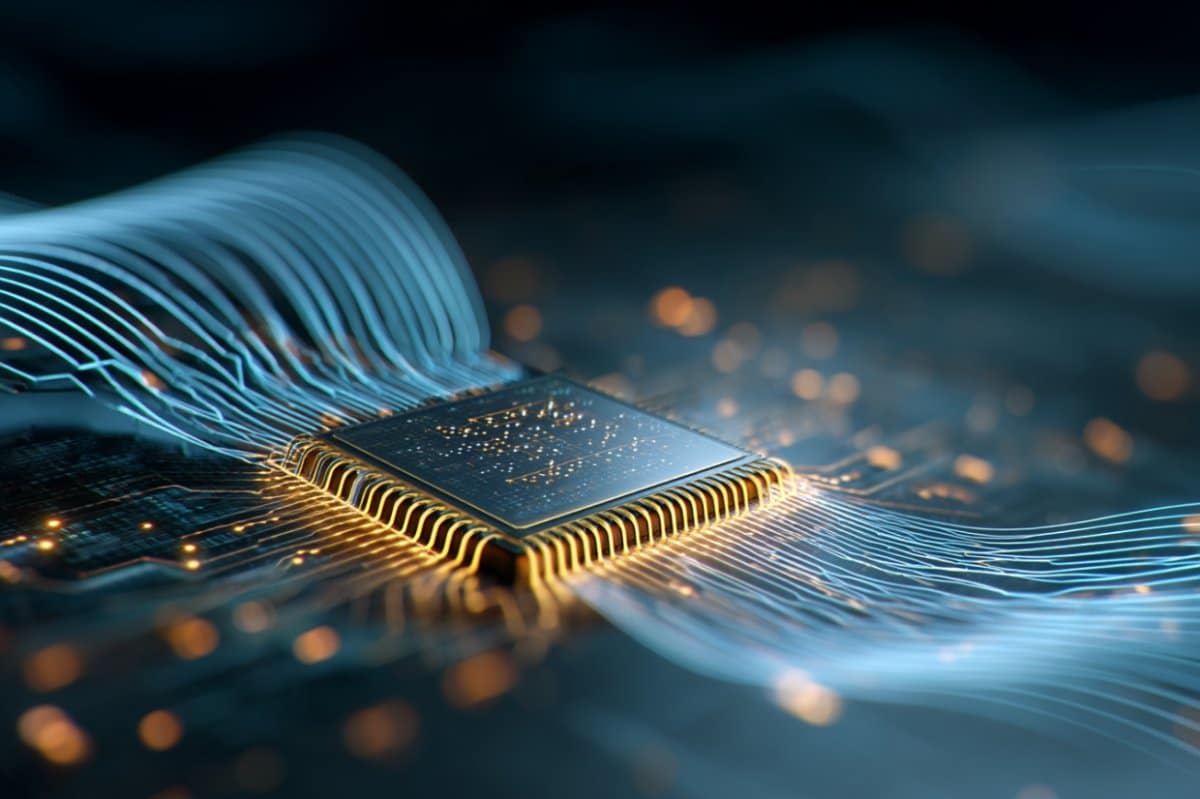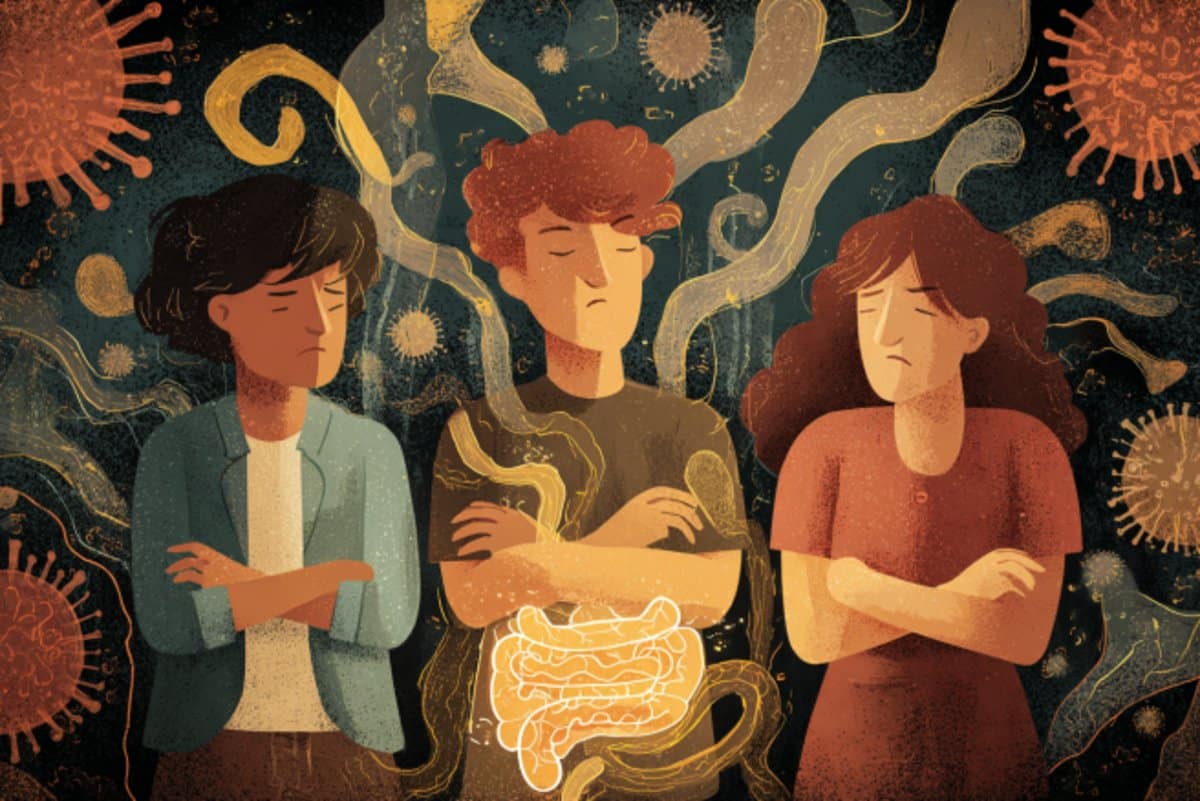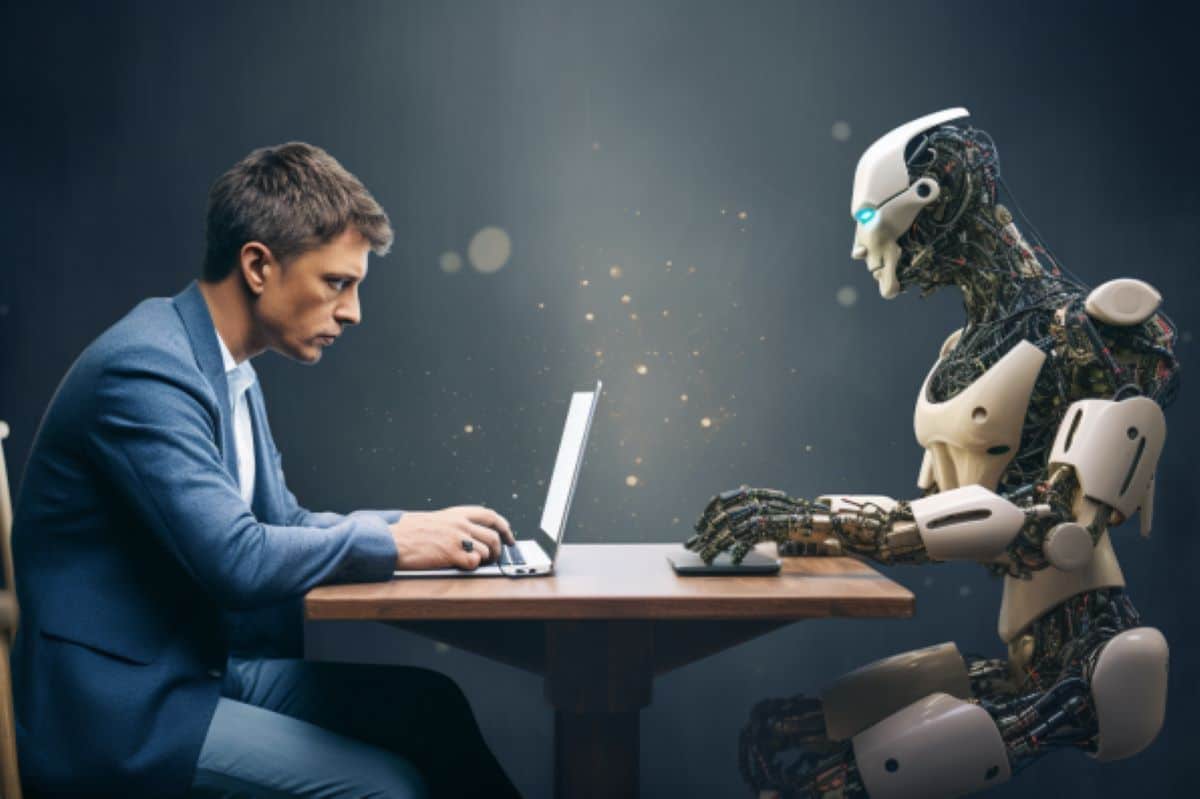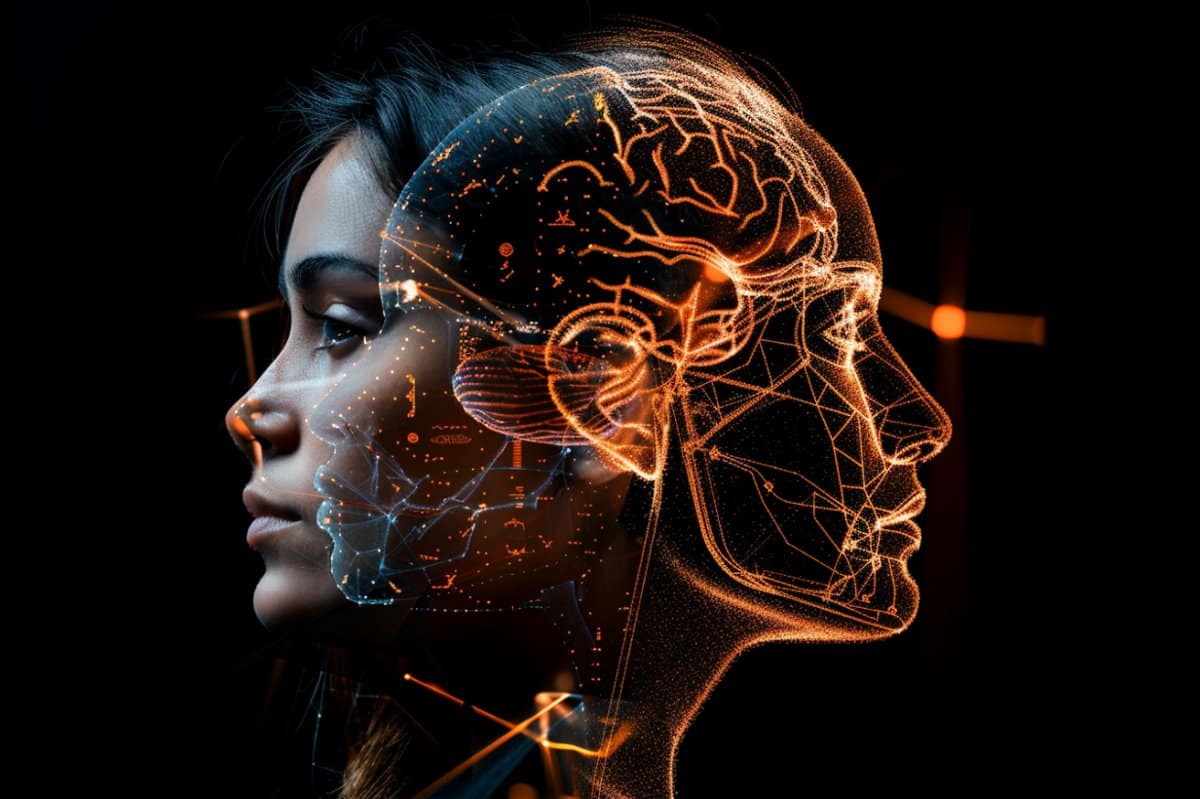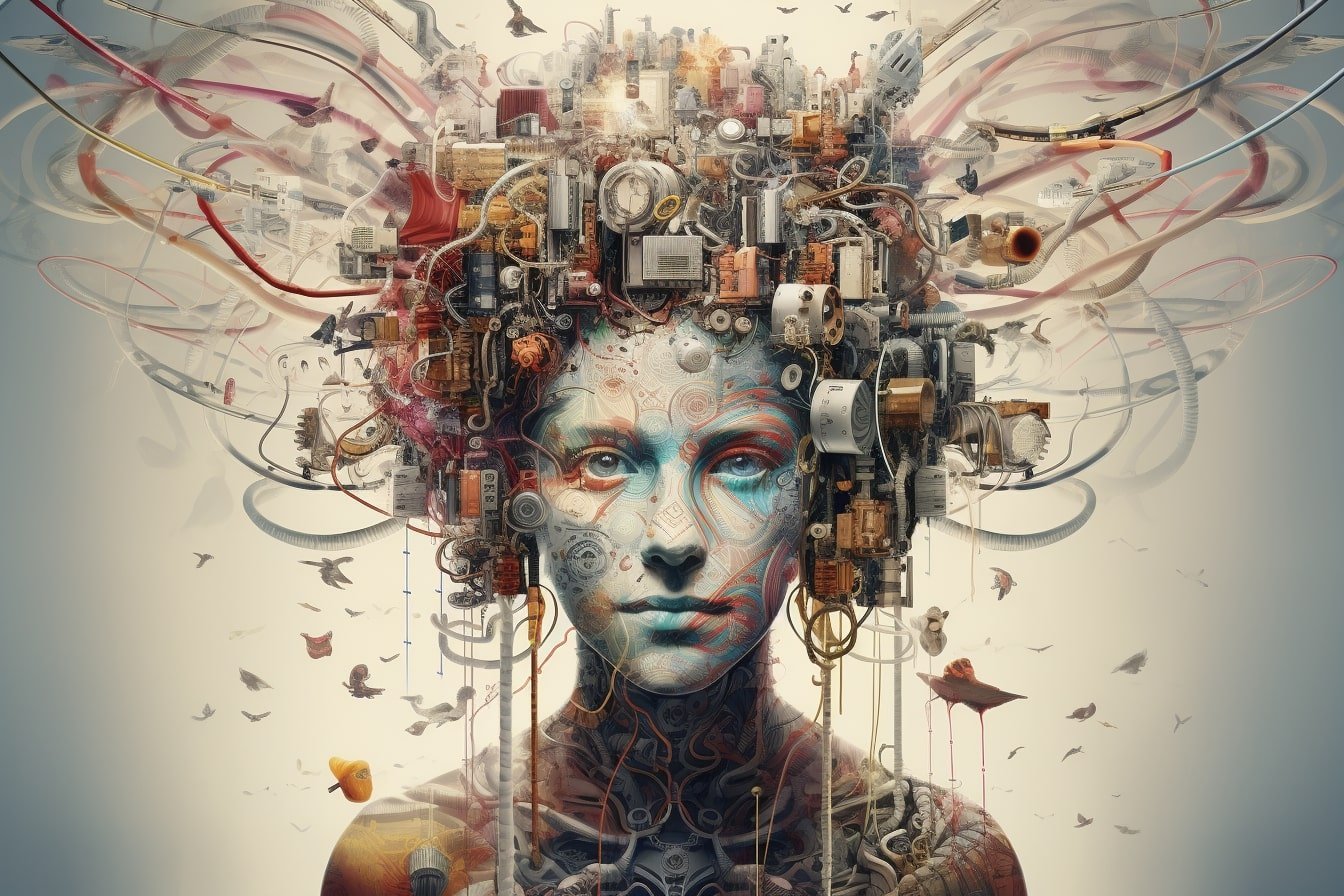First “Microwave Brain” Chip Merges Ultrafast Data and Wireless Signals - Neuroscience News
Researchers have built the first “microwave brain” chip capable of processing both ultrafast data and wireless communication signals at once.| Neuroscience News
